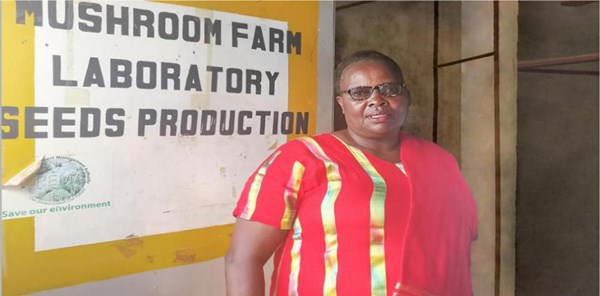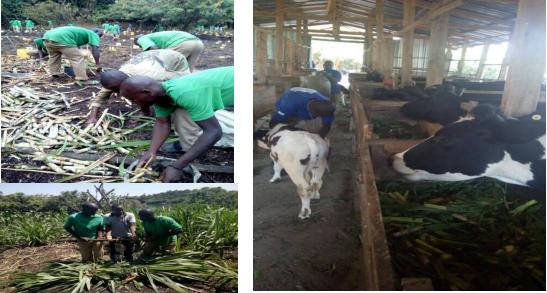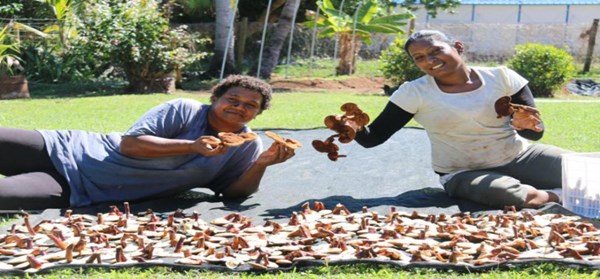Celebrating 100th anniversary of CPC | China's Juncao technology helps countries involved in BRI prosper
The Chinese government has organized several training sessions on Juncao technology to cultivate talents for countries involved in the Belt and Road Initiative (BRI) since 2017.
Juncao, known as "magic grass" and invented by Chinese scientists, is an economical and environmentally friendly substitute for timber that can be used as a substrate for growing mushrooms.
During the sessions, Chinese experts were invited to impart their knowledge and techniques on Juncao, and many attendees have helped their home countries shake off poverty with what they have learned.

Rwandan Nyiba Belthard, one of the attendees, started a company upon her return to the country to produce Juncao packs and dried mushrooms. Now there are over 30 employees at the company, with a monthly net profit of $3,000 to $5,000.

In addition, with the help of Chinese experts, she has held multiple training courses on Juncao technology for local farmers, especially women, in a drive to help them better combat poverty.
Dusmimana Desiré is another attendee from Rwanda. He has had great success in the commercial cultivation of giant Juncao and offered the Rwandan young people technical assistance in feeding their cattle with Juncao.
Sunita Lata, an attendee from Fiji, has been growing mushrooms with Juncao and has earned a reliable customer base with unstoppable demand.
Lata said growing mushrooms with Juncao has relieved her financial burden and provided her children with nutritional food at home. She said she plans to build a new house with money earned from mushroom sales.


Follow us on WeChat
京ICP备18041594号-1
京公网安备 11010202005508号

Follow us on WeChat


